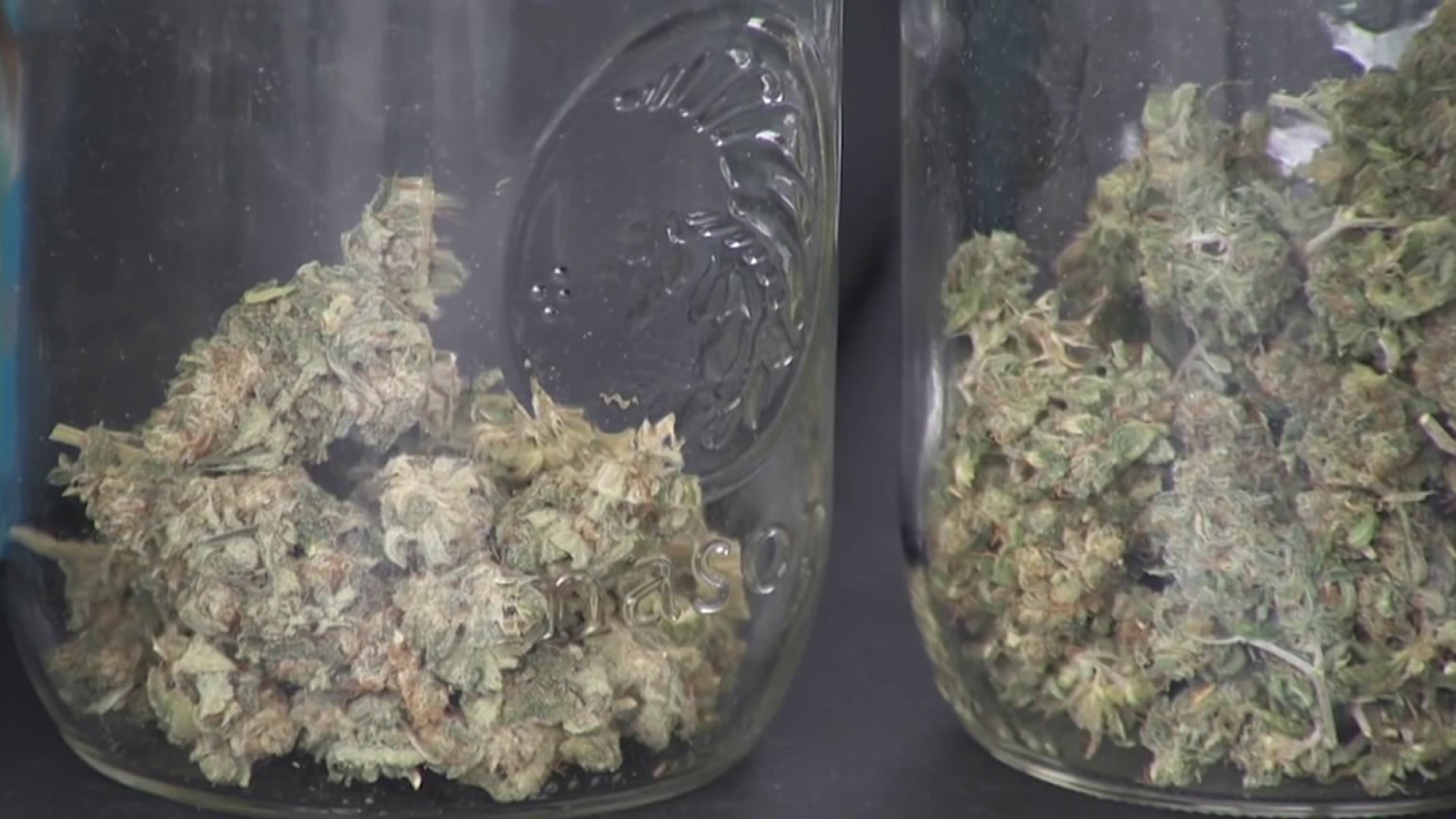NBC Connecticut Investigates has examined various aspects of the legalization of adult-use cannabis in our state ever since lawmakers passed legislation to make it a reality.
One of the chief architects of the bill sat down with NBC Connecticut to answer what changes to the law may be coming in the upcoming legislative session.
In general, House Majority Leader Jason Rojas said he is pleased with how the process has gone so far.
At the same time, he acknowledges, none of the dozen-plus states that have legalized adult-use cannabis have gotten it 100% right yet.
Get Connecticut local news, weather forecasts and entertainment stories to your inbox. Sign up for NBC Connecticut newsletters.
As retail adult-use cannabis stores debut in Connecticut, a complaint heard often is that many of the merchants awarded licenses do not come from the state.
A social equity provision - in which a number of licenses were set aside for applicants from populations negatively impacted by the war on drugs - didn’t help folks like Gisele Tyler get in the marketplace.
“The social equity opportunities, which were in my mind, and should have been intended to support Black and brown people who were the most harmed in these disproportionately impacted areas. That's been blurred,” Tyler said.
State data obtained by NBC Connecticut Investigates shows, in fact, that several larger, out-of-state companies - from states including New Jersey, Pennsylvania, Maryland and Illinois - flooded Connecticut’s general and social equity license lotteries with hundreds of applications. A number ended up getting them.
Cannabis in Connecticut: Recreational Sales to Begin Tuesday
Andrea Comer, now former chairwoman of the state’s Social Equity Council, which has overseen much of the lottery process, said in October when she was still chair, ”the truth of the matter is those applicants who are well resourced are gonna come up with that money anyway. So it’s not an easy thing to address.”
It’s something Rojas, who is house majority leader and a key contributor to the adult-use cannabis bill, admitted needs improvement.
Rojas points out the larger, “multi-state-operators,” as they are known, can hit the ground running since they have experience selling adult-use cannabis. He envisions the industry in Connecticut will evolve over time, with smaller players getting a toehold.
“You look at beer and the beer industry. For the longest time, it was all the major providers of beer. And in the last 10 years, we've seen an explosion of craft beer makers,” Rojas said.
Rojas said he needs to do some more homework on another complaint shared with NBC Connecticut Investigates, that allowable mold levels for cannabis sold in Connecticut are 10 times higher than neighboring Massachusetts.
“I can't tell you who's right or wrong right now. I'll listen to both sides and make a determination about whether there's something I can do as a lawmaker to make a correction," Rojas said.
He said that this legislative session, a big question for lawmakers will be if they cap the number of cannabis licenses.
He believes it may be needed to prevent a supply glut which could undercut retailers who have invested millions in these new retail operations.



